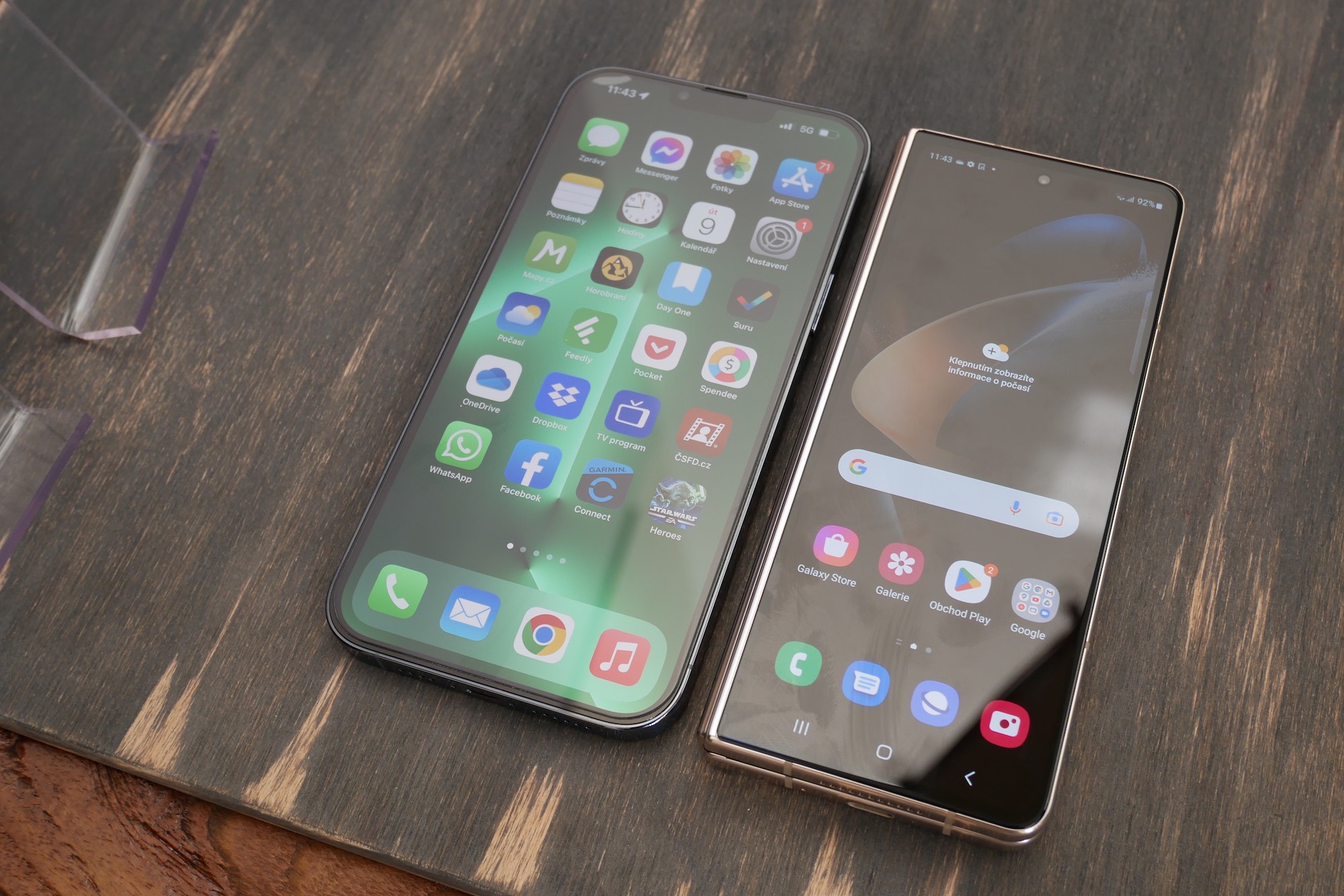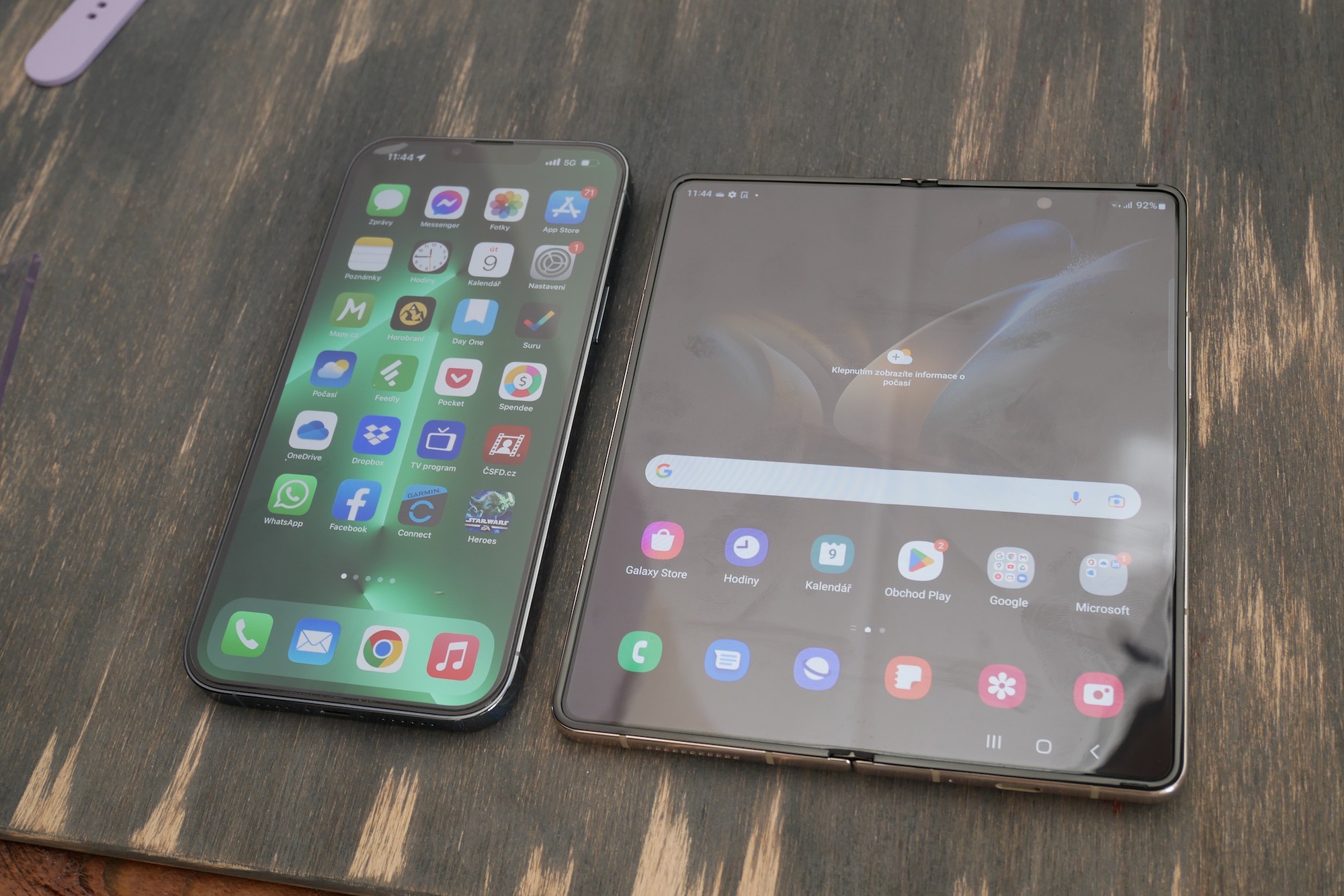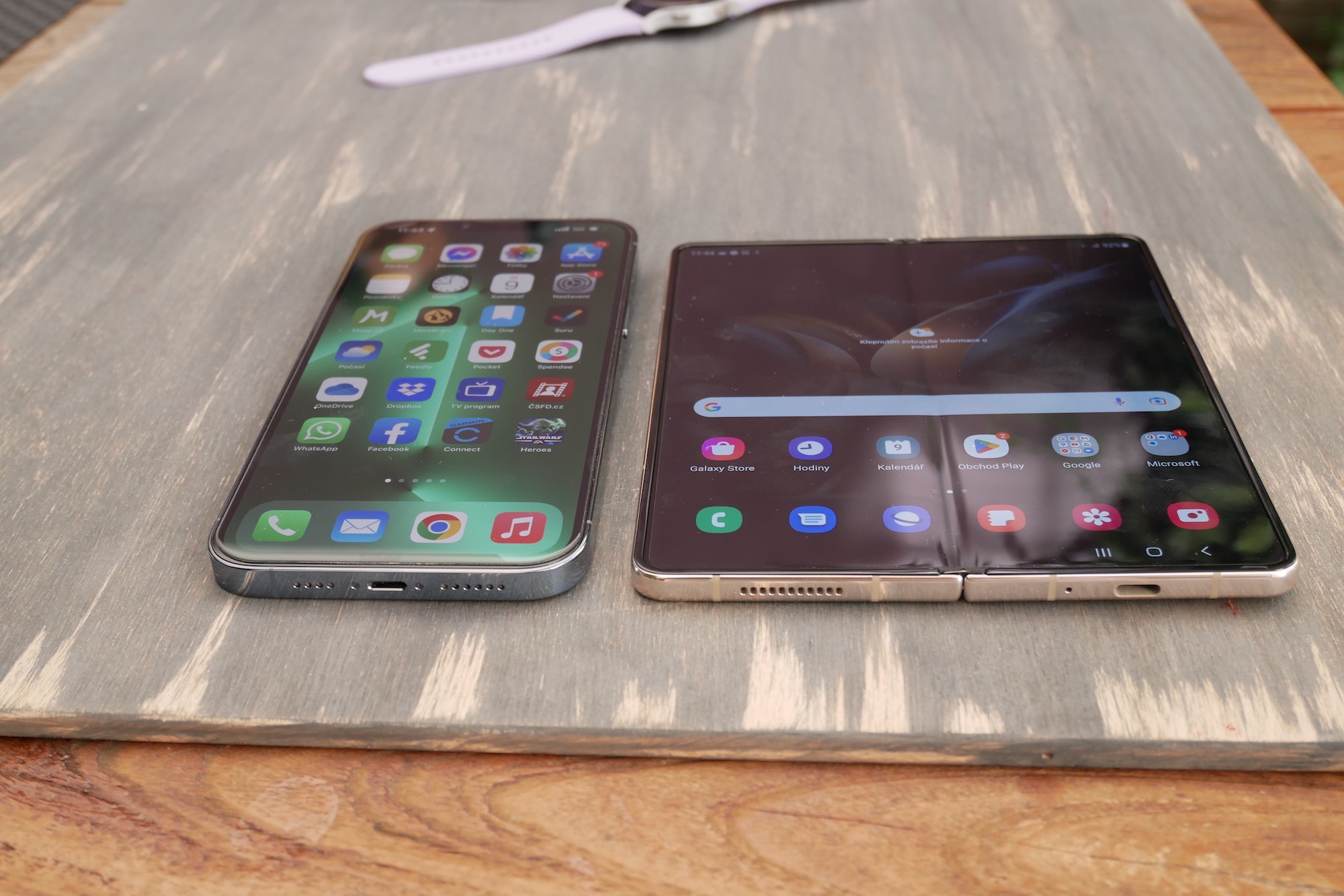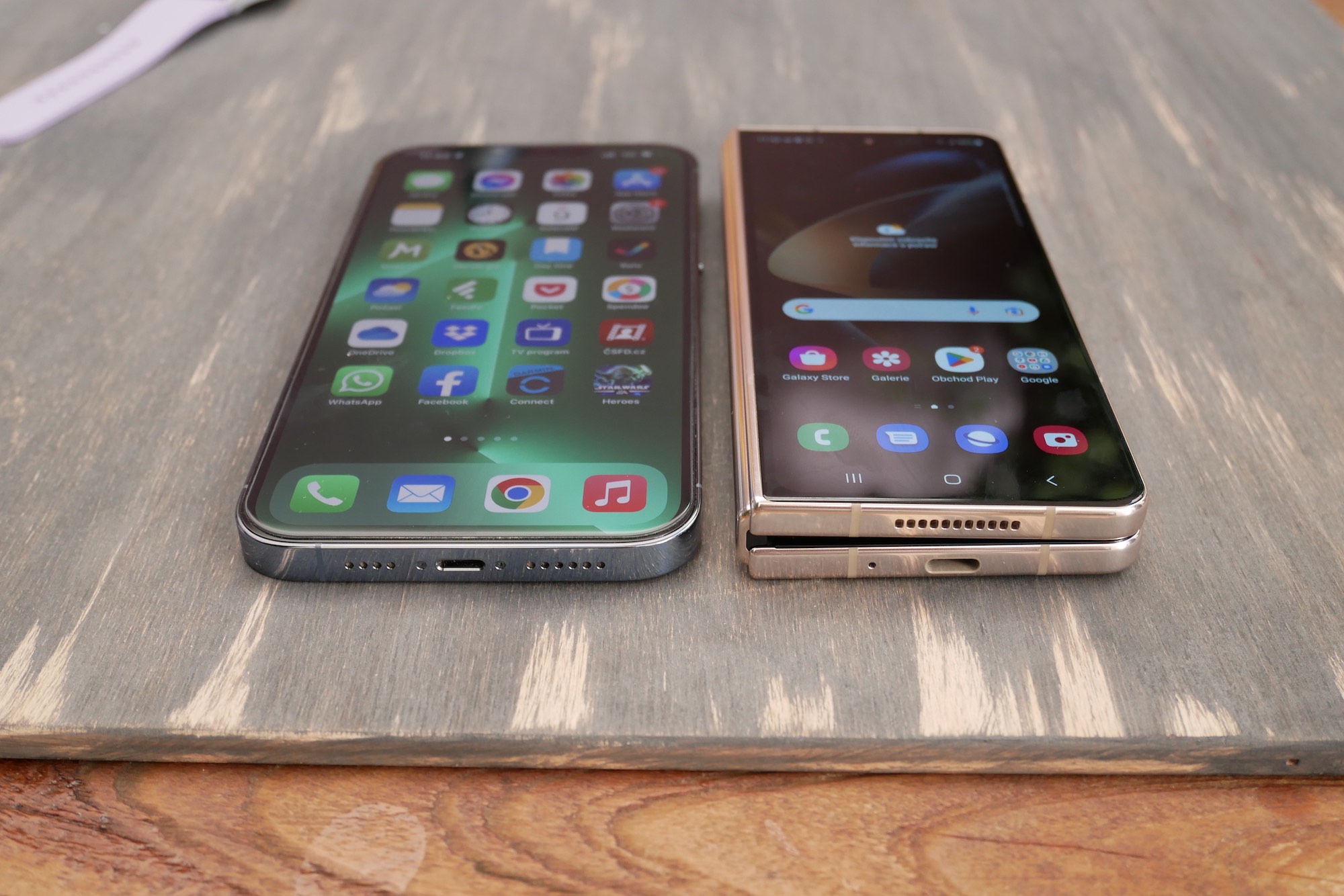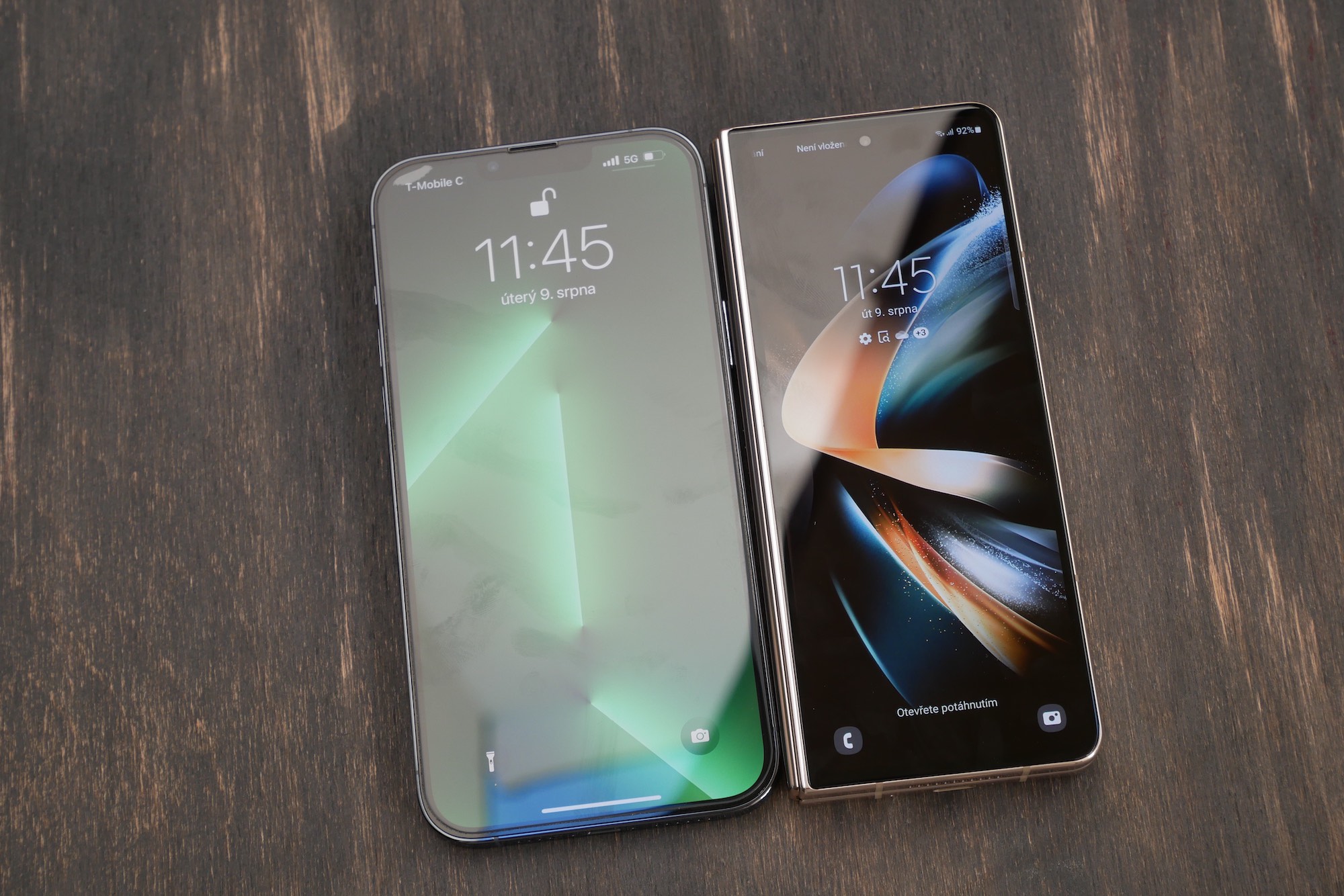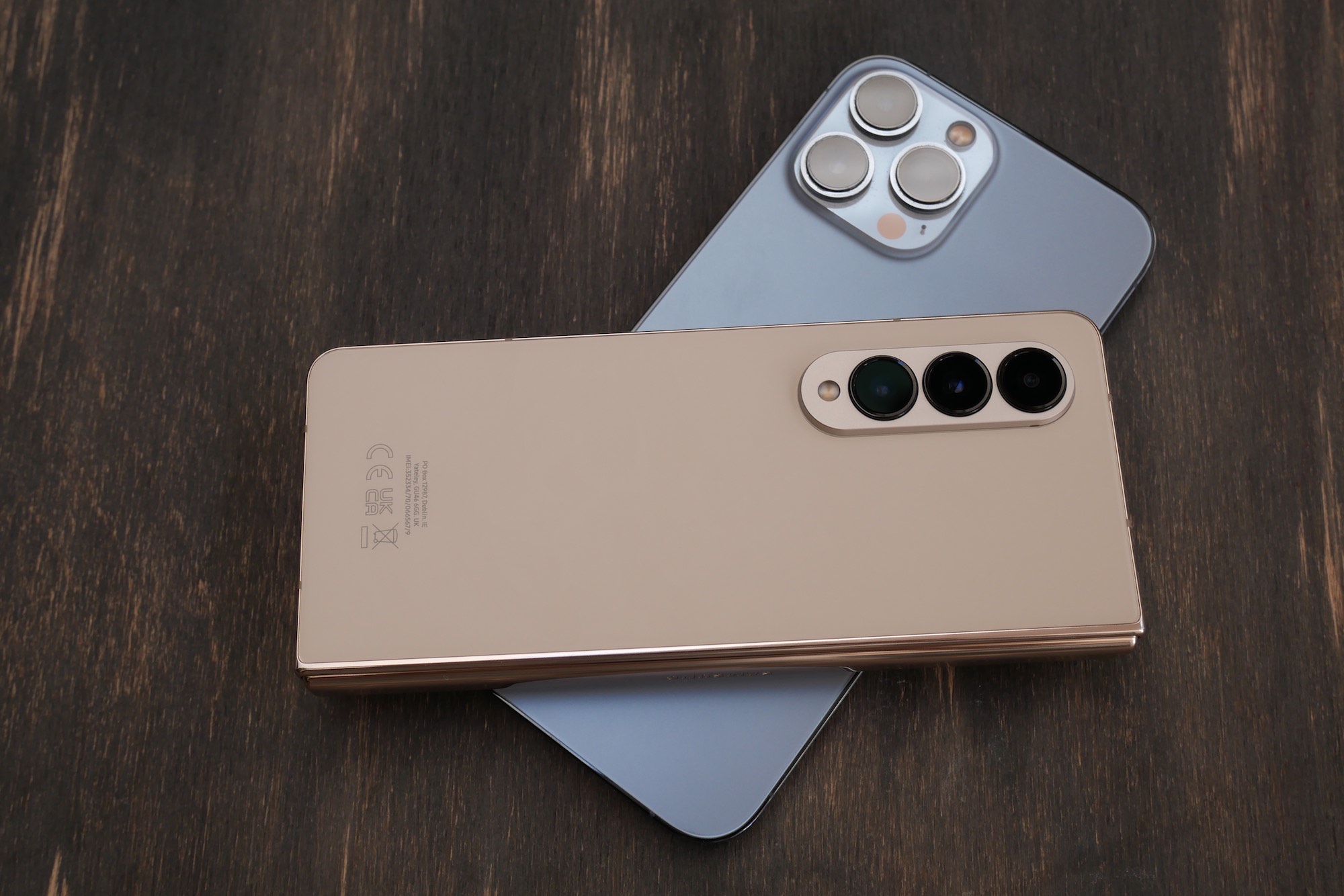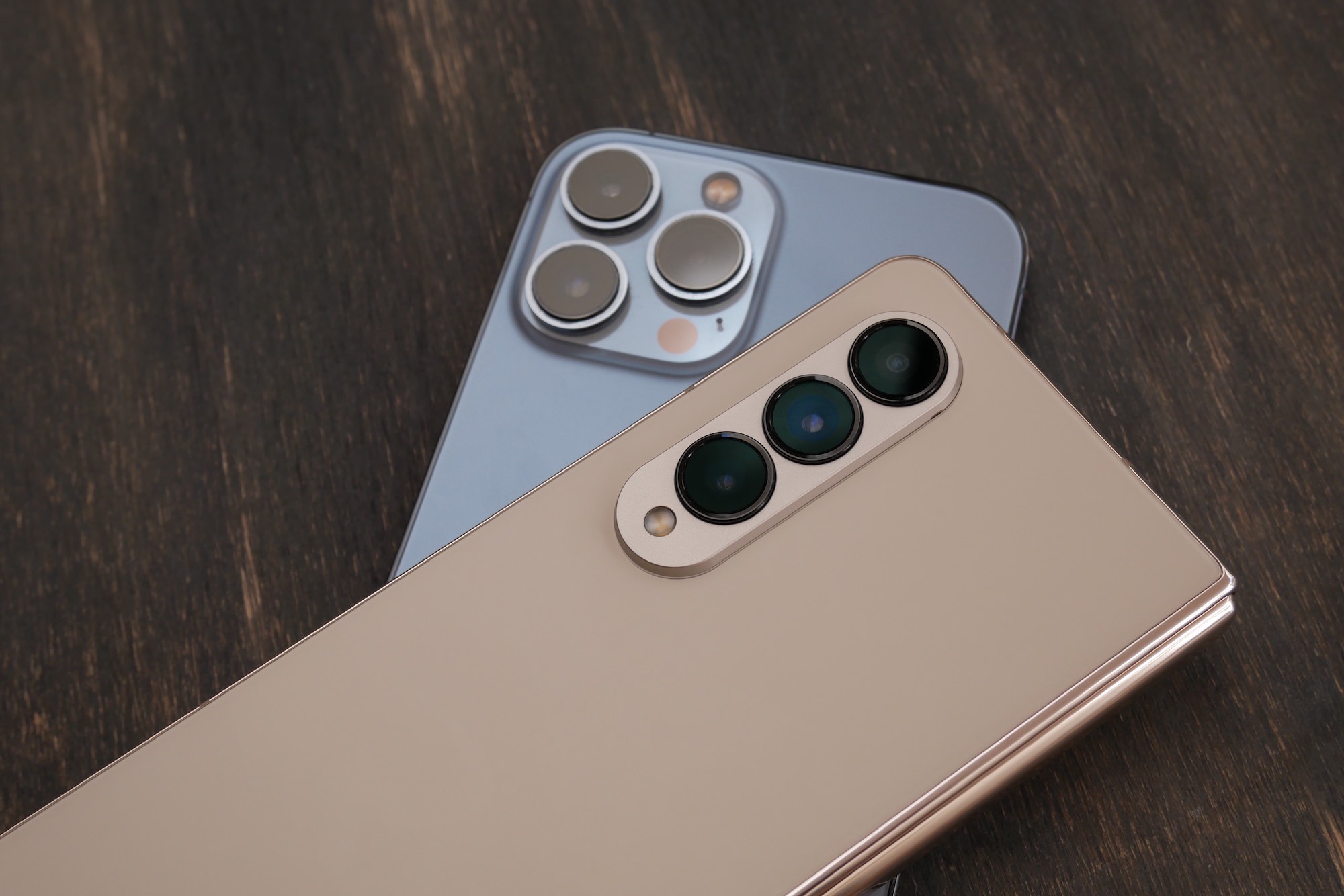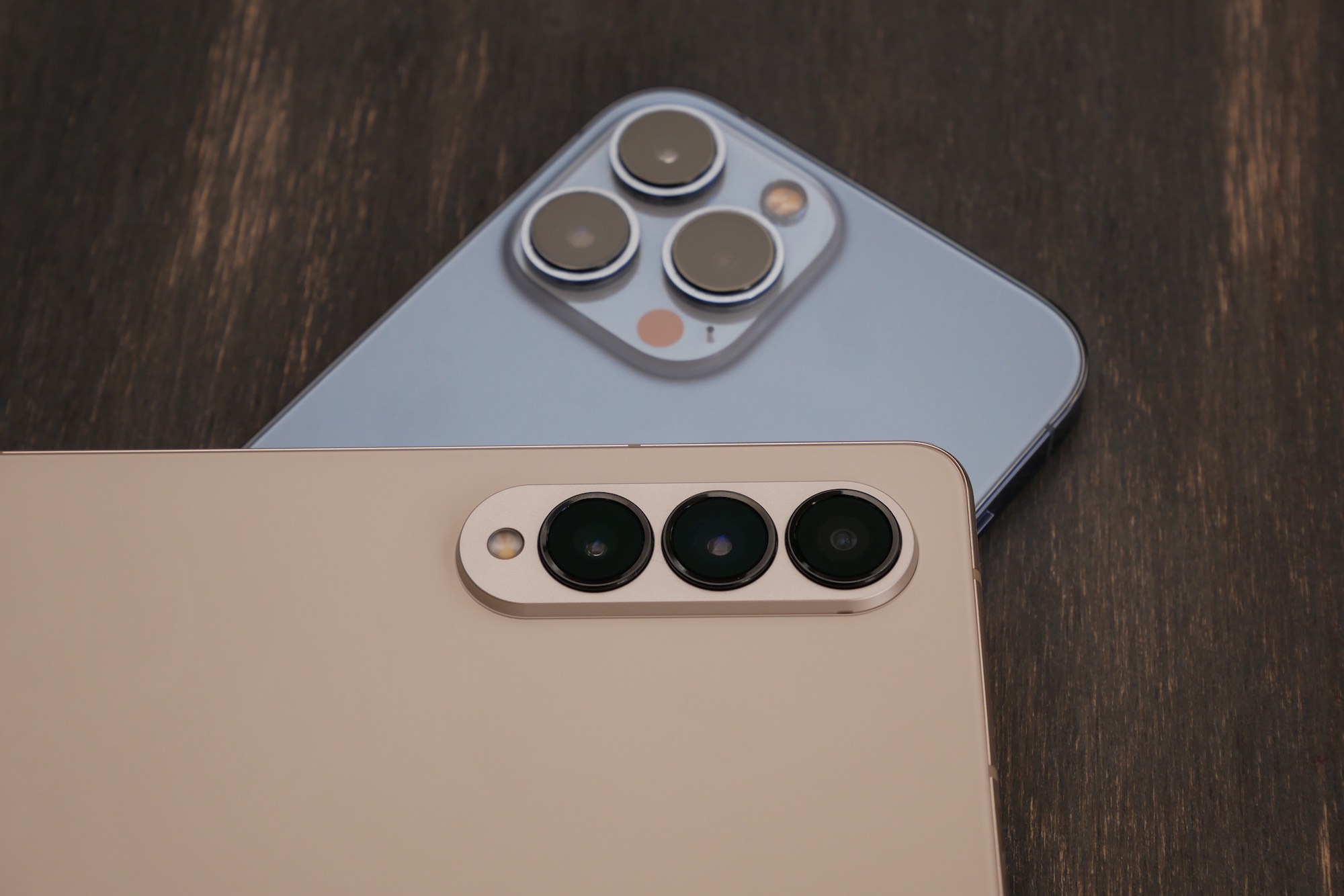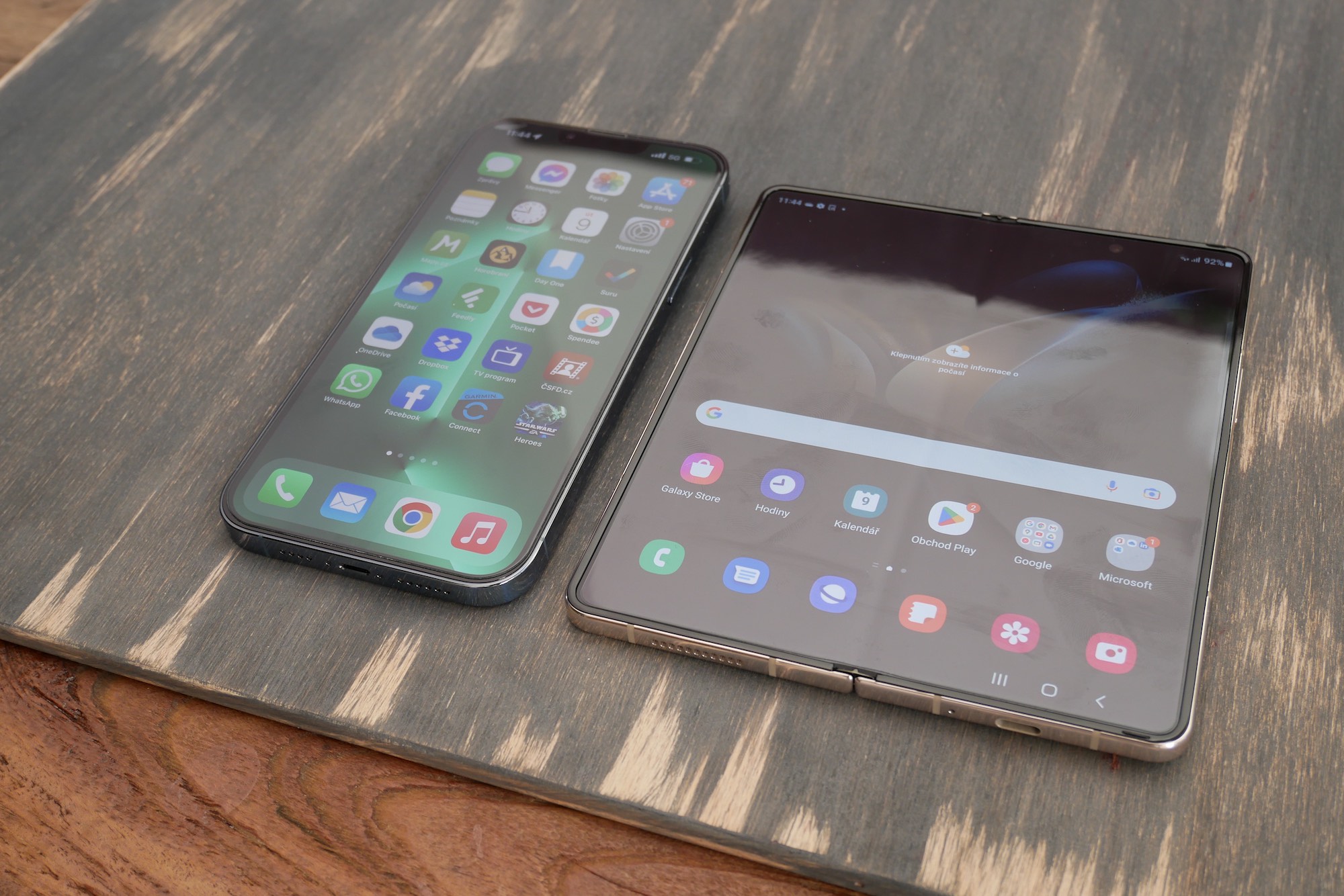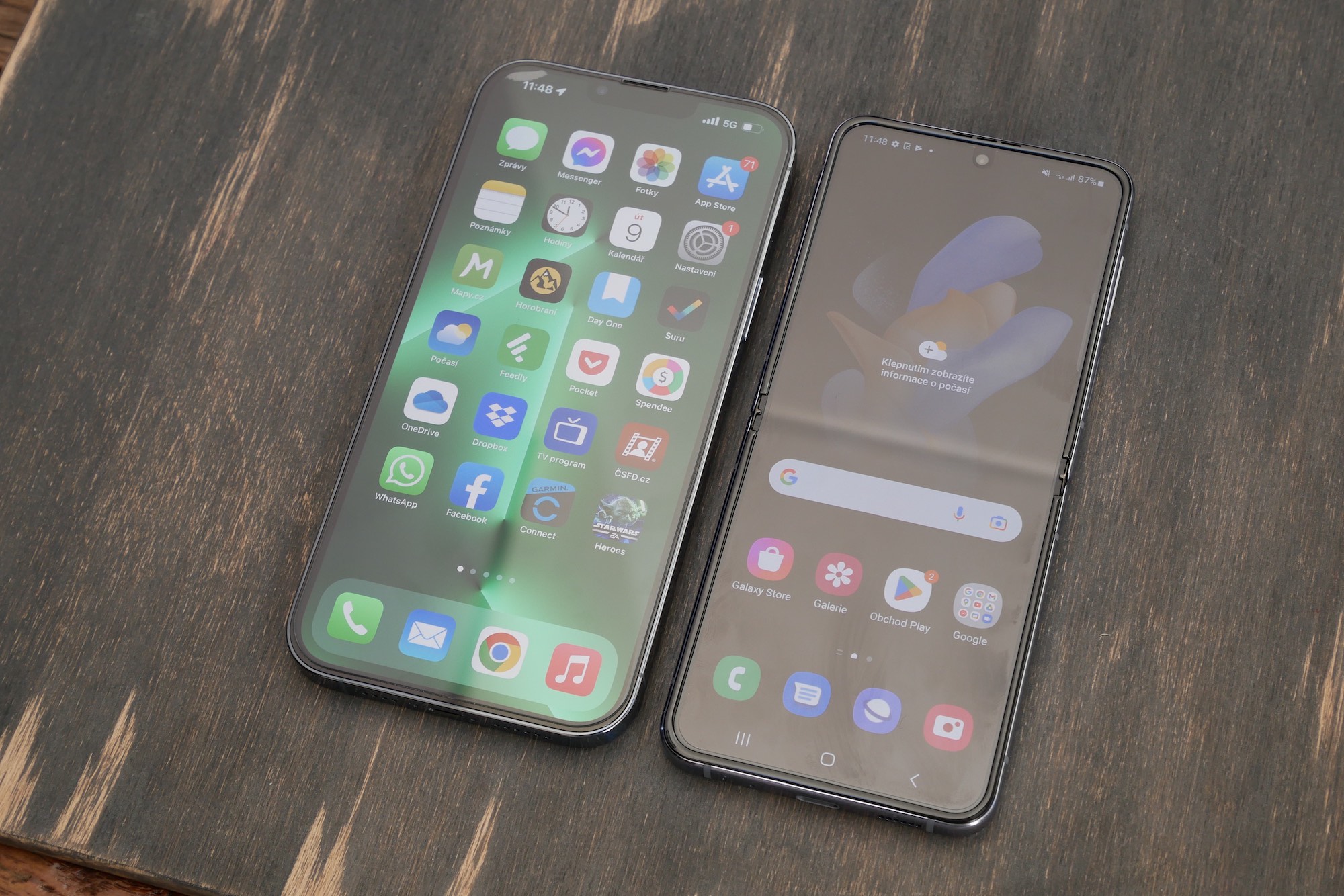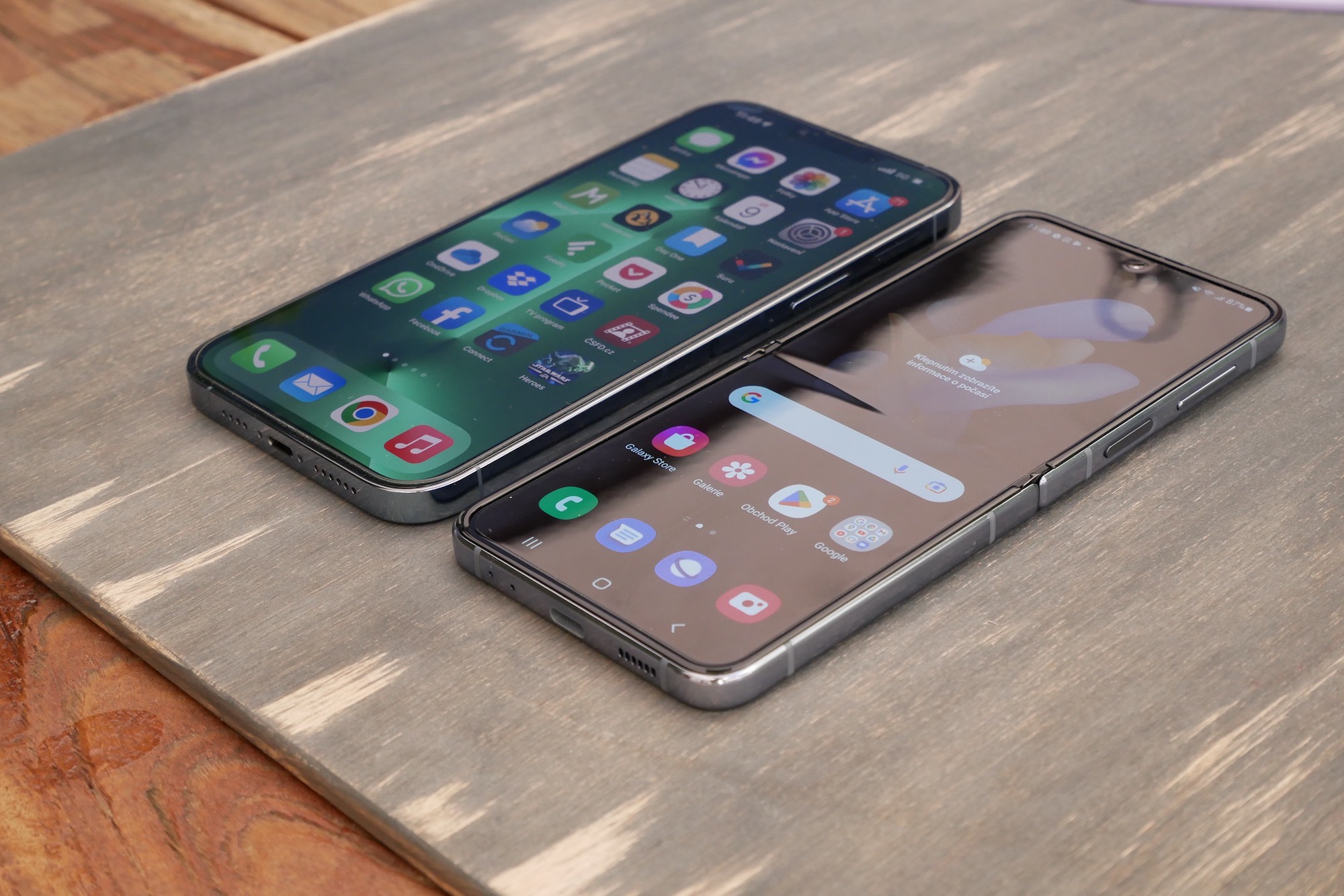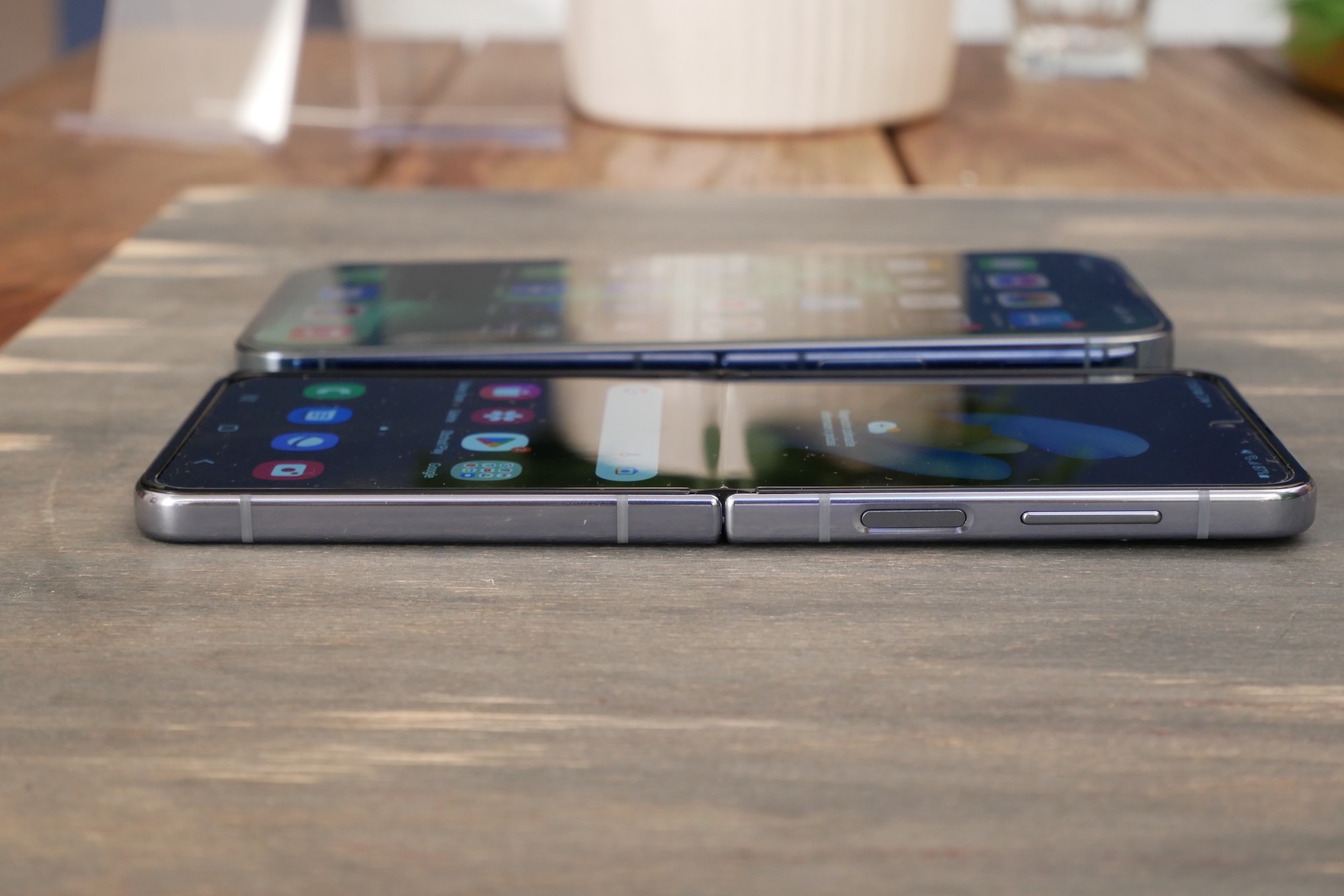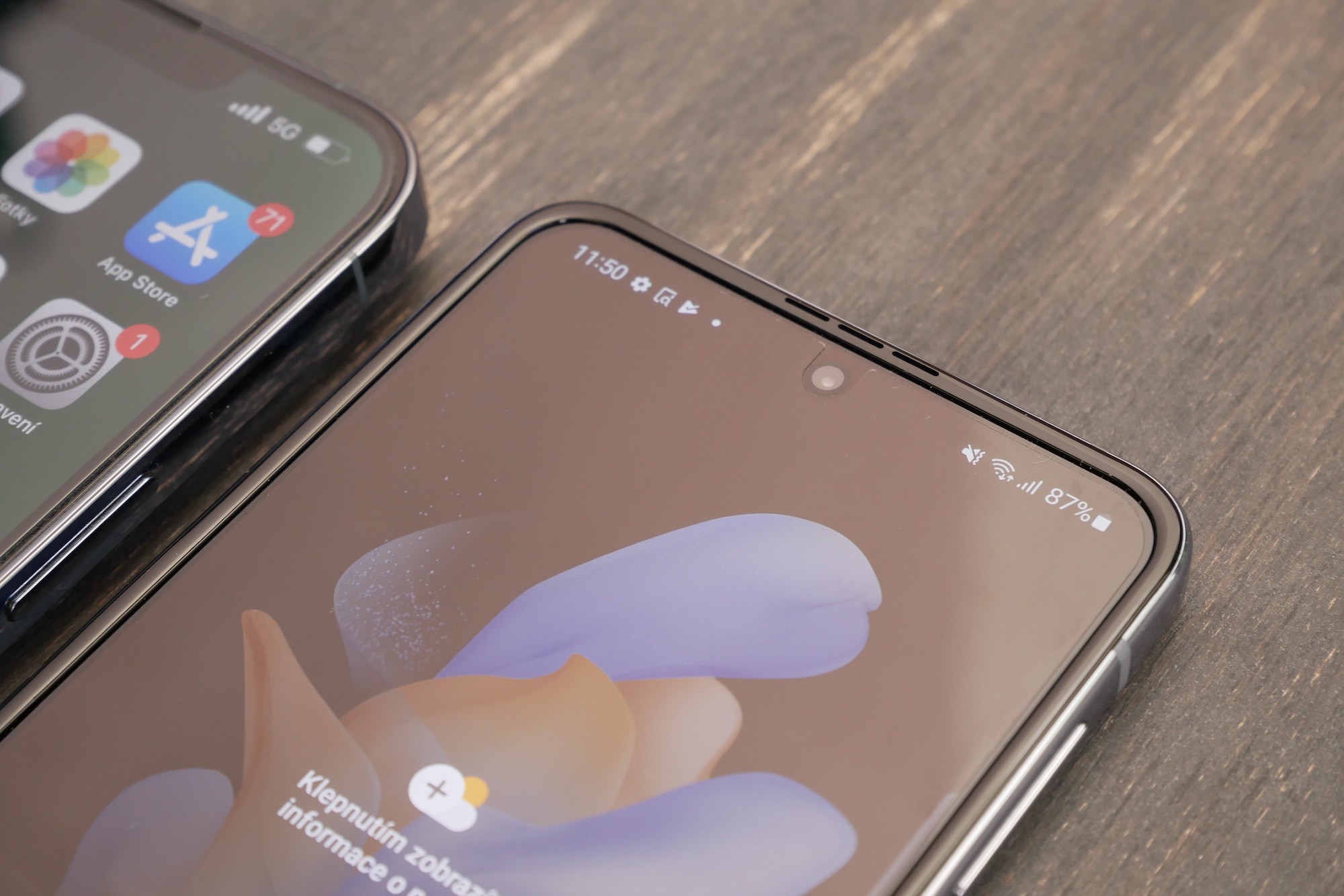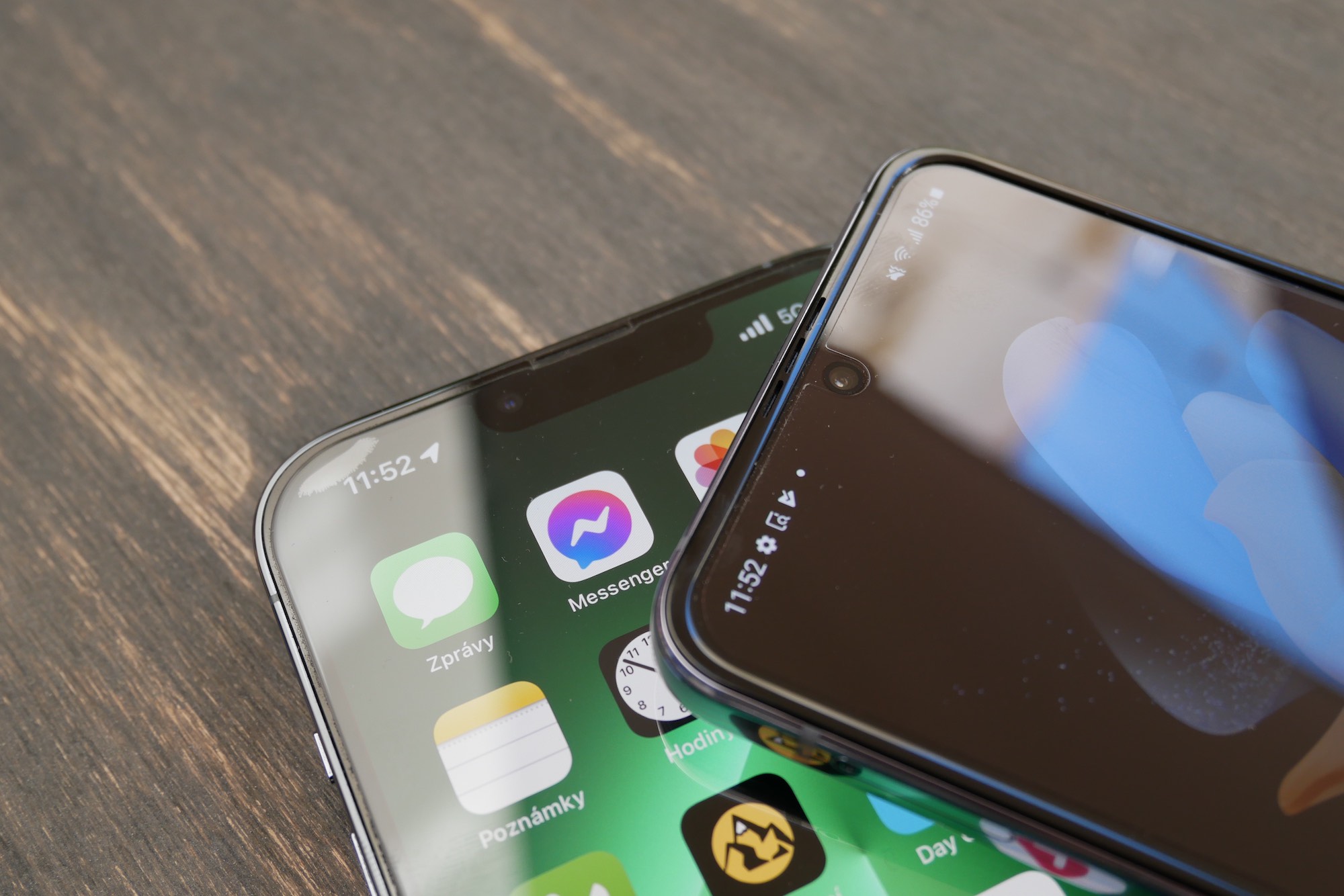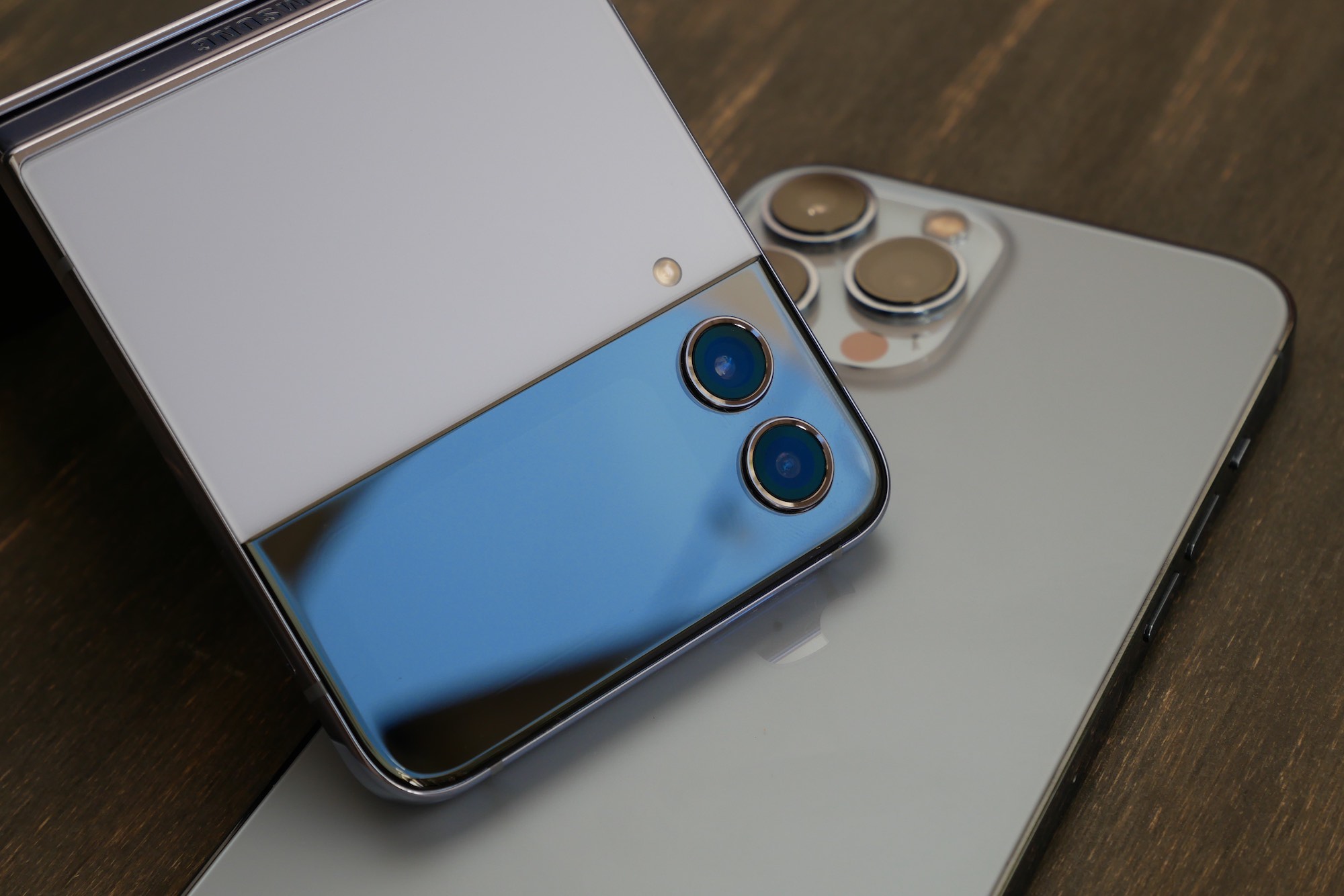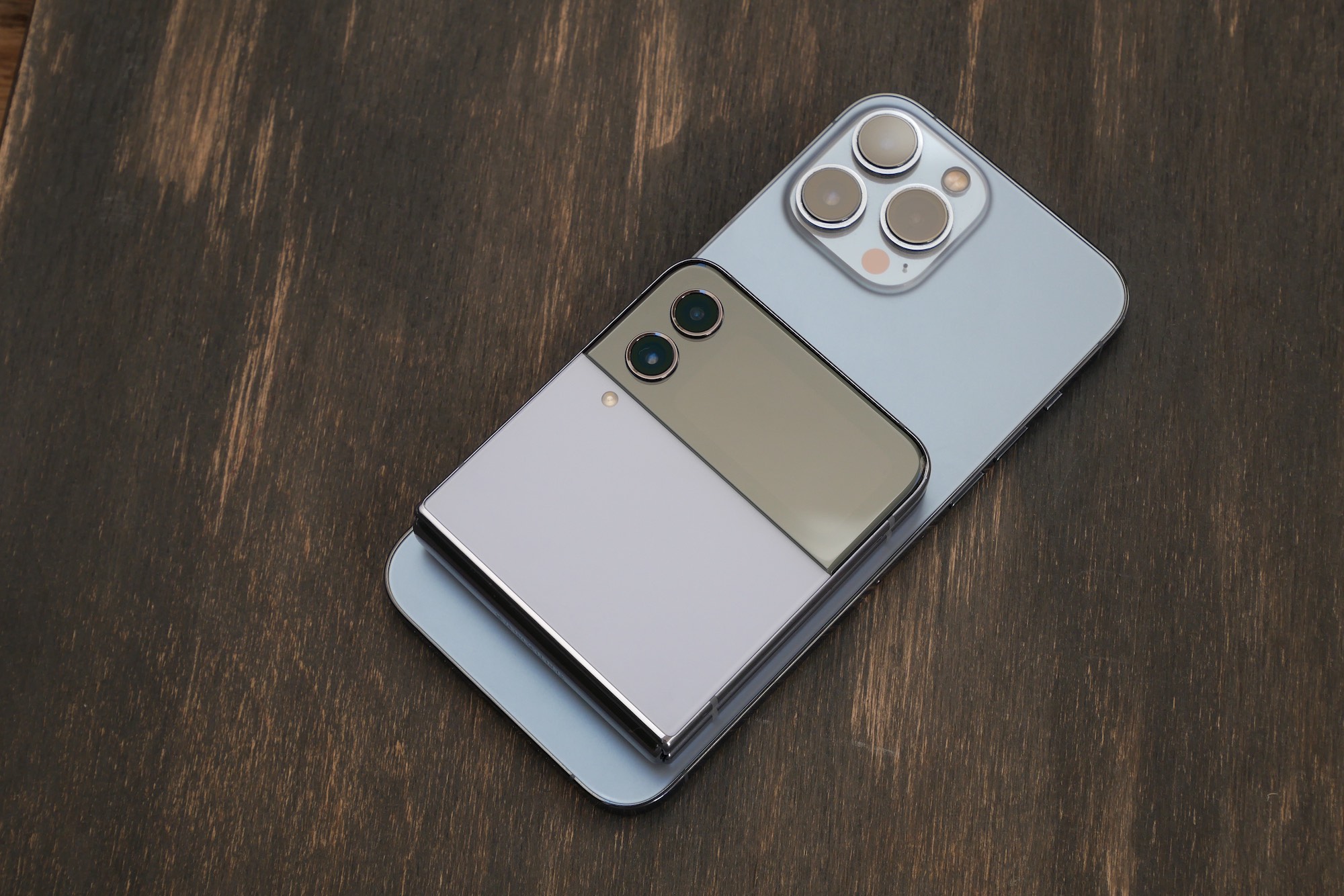We have iPhones with their iOS (and therefore iPads with iPadOS), and we have a wide variety of manufacturers that produce Android phones and tablets. Although there are many brands, there are only two operating systems. But does it make sense to want something more?
Android and iOS are currently a duopoly, but over the years we've seen many challengers come and go. Among the unsuccessful rivals of practically only two operating systems are BlackBerry 10, Windows Phone, WebOS, but also Bada and others. Even if we talk about iOS and Android as the only two, of course there are other players, but they are so small that there is no point in dealing with them (Sailfish OS, Ubuntu Touch), because this article is not intended to bring a solution in that we just want another mobile operating system.
It could be interest you
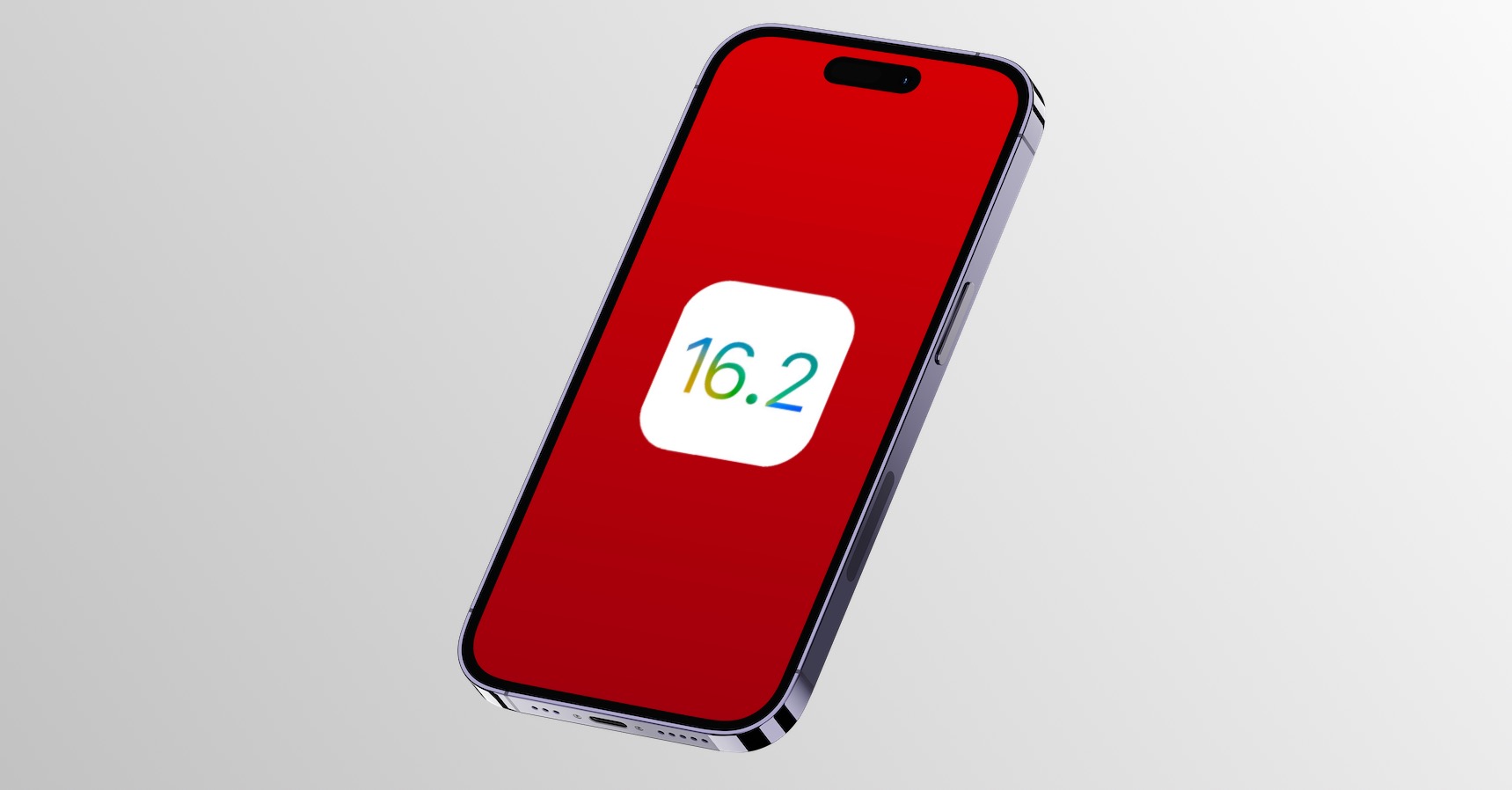
What if
The end of Samsung's Bada operating system may appear to be a clear loss these days. Samsung is the biggest seller of mobile phones, and if it could equip them with its own operating system, we could have completely different phones here. Different in that the company would not have to focus on optimizing Android, but would do everything under one roof just like Apple. The result could be really impressive considering that Samsung has its own Galaxy Store and the fact that for the largest number of mobile phones in the world, applications and games would develop in the same way as it happens with iPhones, which are second only to Samsung.
However, it is questionable whether Samsung would succeed. He just ran away from Bada to Android, because the latter was clearly ahead and maybe catching up would have cost the South Korean manufacturer so much time and money that he might not be where he is today. Another dark side of mobile history is, of course, Windows Phone, when Microsoft teamed up with the dying Nokia, and that was actually the death of the platform itself. At the same time, he was original, even if somewhat austere. It can be said that Samsung is now following in his footsteps, which is trying to bring the maximum connection between Windows and Android in its One UI superstructure.
It could be interest you

Mobile operating systems and their limitations
But is there a future in mobile operating systems? I do not think so. Whether we look at iOS or Android, in both cases it is a restrictive system that does not give us the full spread of the desktop. With Android and Windows, it may not be as noticeable as with iOS (iPadOS) and macOS. When Apple gave the iPad Pro and Air the M1 chip it originally put in its computers, it completely erased the performance gap where a mobile device wouldn't be able to handle a mature system. It did, it's just that Apple doesn't want it to have a larger thriving portfolio.
If we hold "just" a phone in our hand, we may not realize its full power, which is often greater than that of our computers. But Samsung has already understood this, and in the top models it offers a DeX interface that is really close to a desktop system. Just connect your phone to a monitor or TV and you can play with windows and the whole multitasking thing on a completely different level. Tablets can then do it directly, i.e. on their touch screen.
It could be interest you
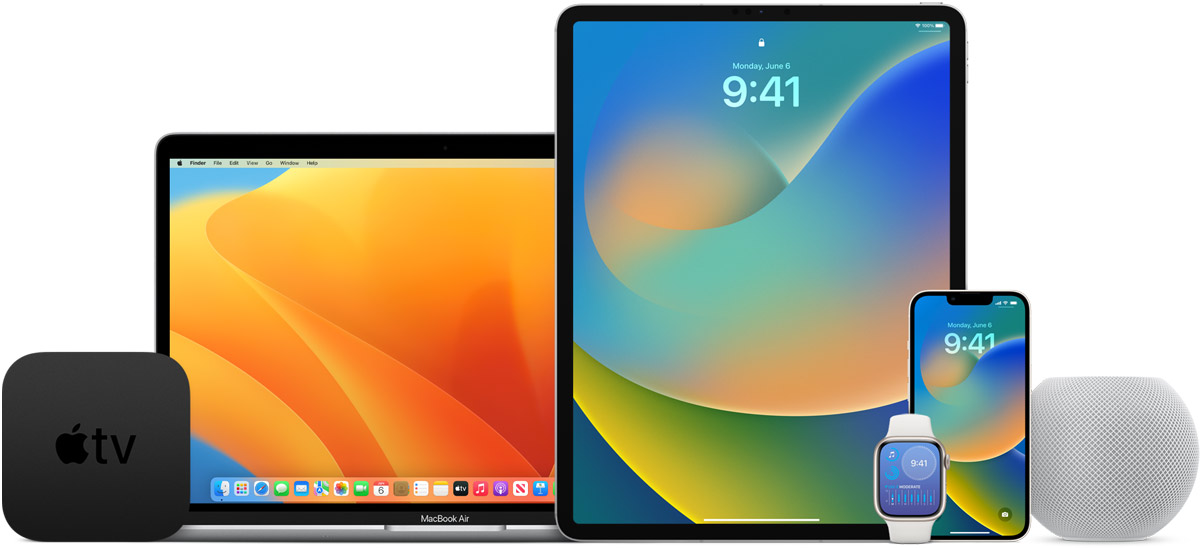
A third mobile operating system makes no sense. It makes sense for Apple to have the foresight to finally give iPads full macOS because they can handle it without a problem. Keep iPadOS only for the basic range of your tablets. Microsoft, such a giant company with so many possibilities, has its Surface device here, but no mobile phones. If something doesn't change in this regard, if Samsung doesn't have anywhere else to push its DeX in One UI, and if Apple unifies/connects the systems more, it will become the fearless ruler of the technological world.
Maybe I'm being silly, but the future of mobile operating systems doesn't lie in constantly adding new features. This is when someone finally understands that technology has outgrown their limitations. And let it be Google, Microsoft, Apple or Samsung. The only real question to ask is not if, but when.








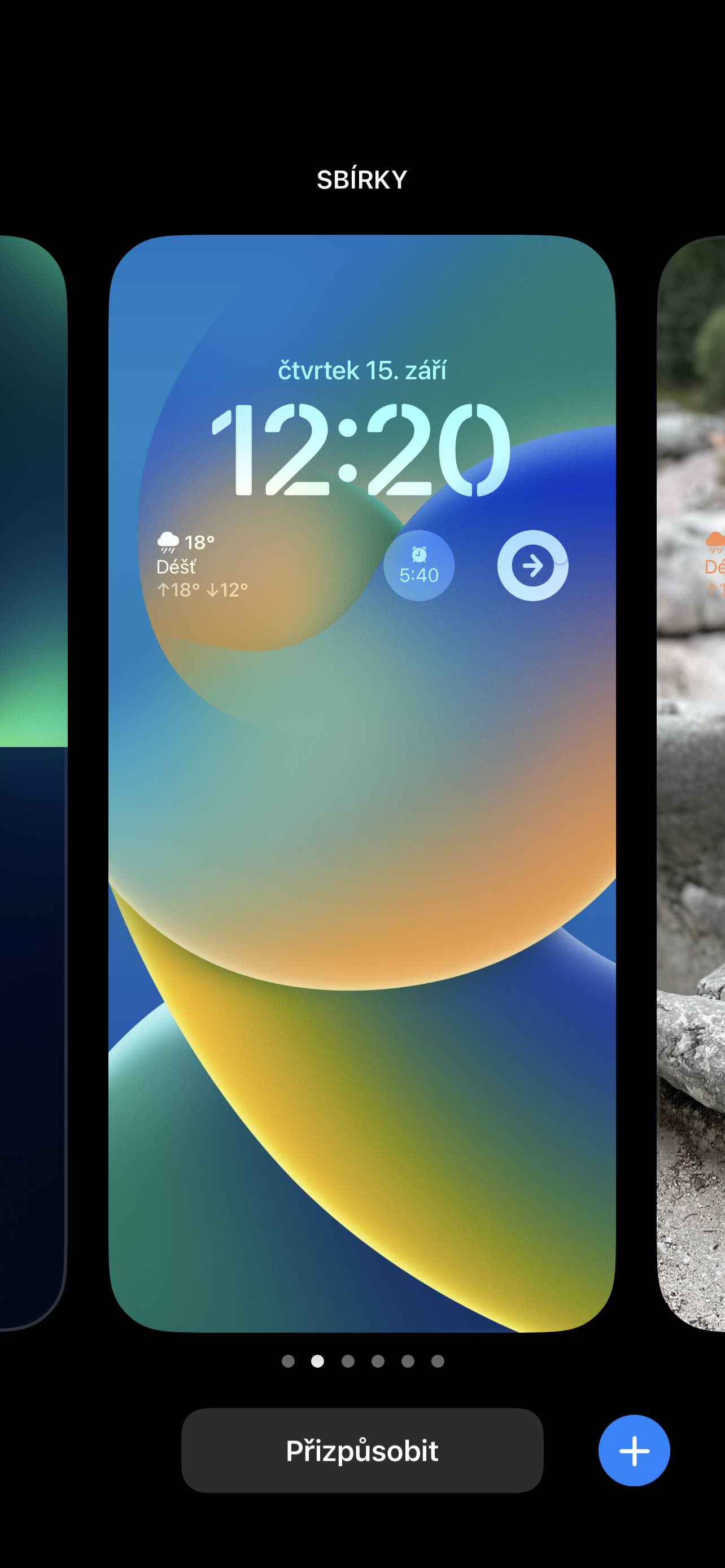
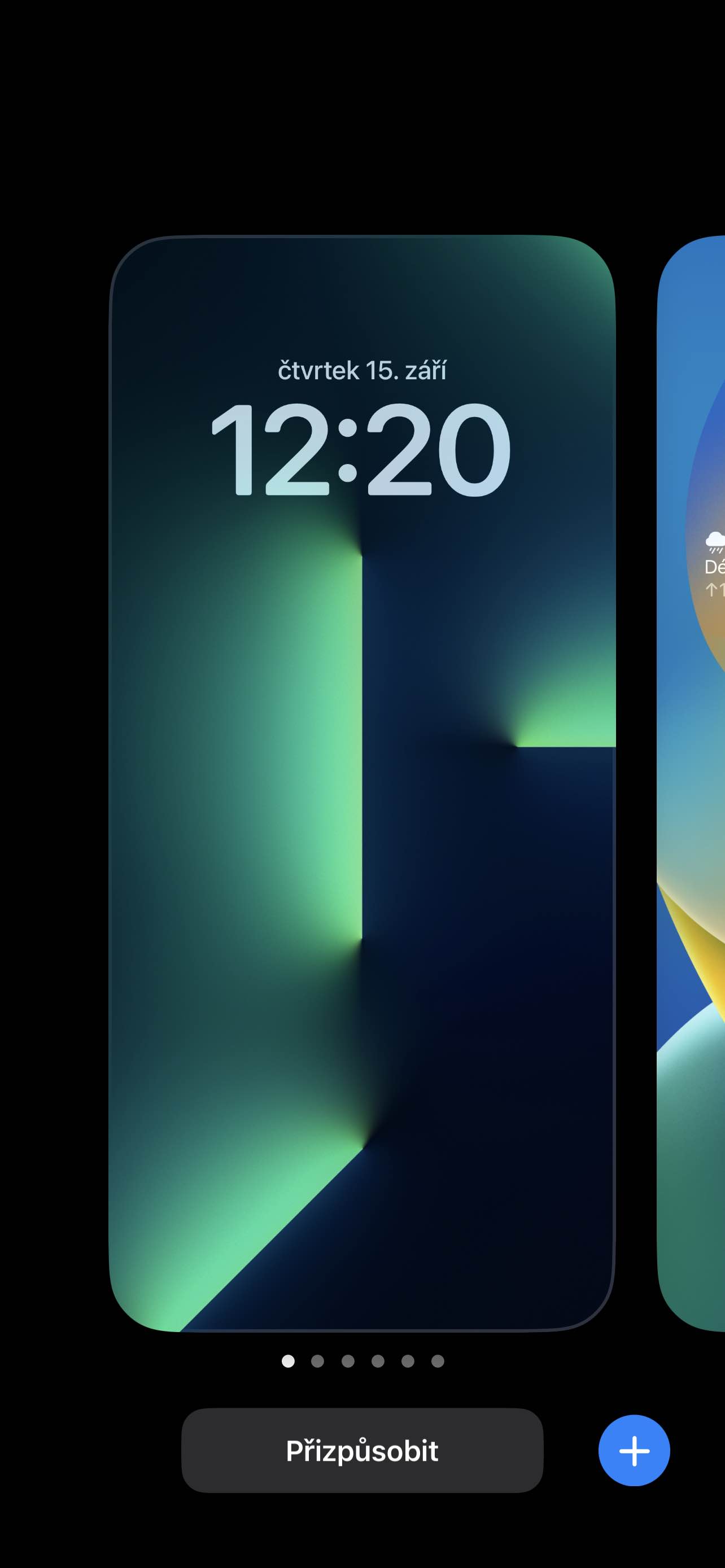

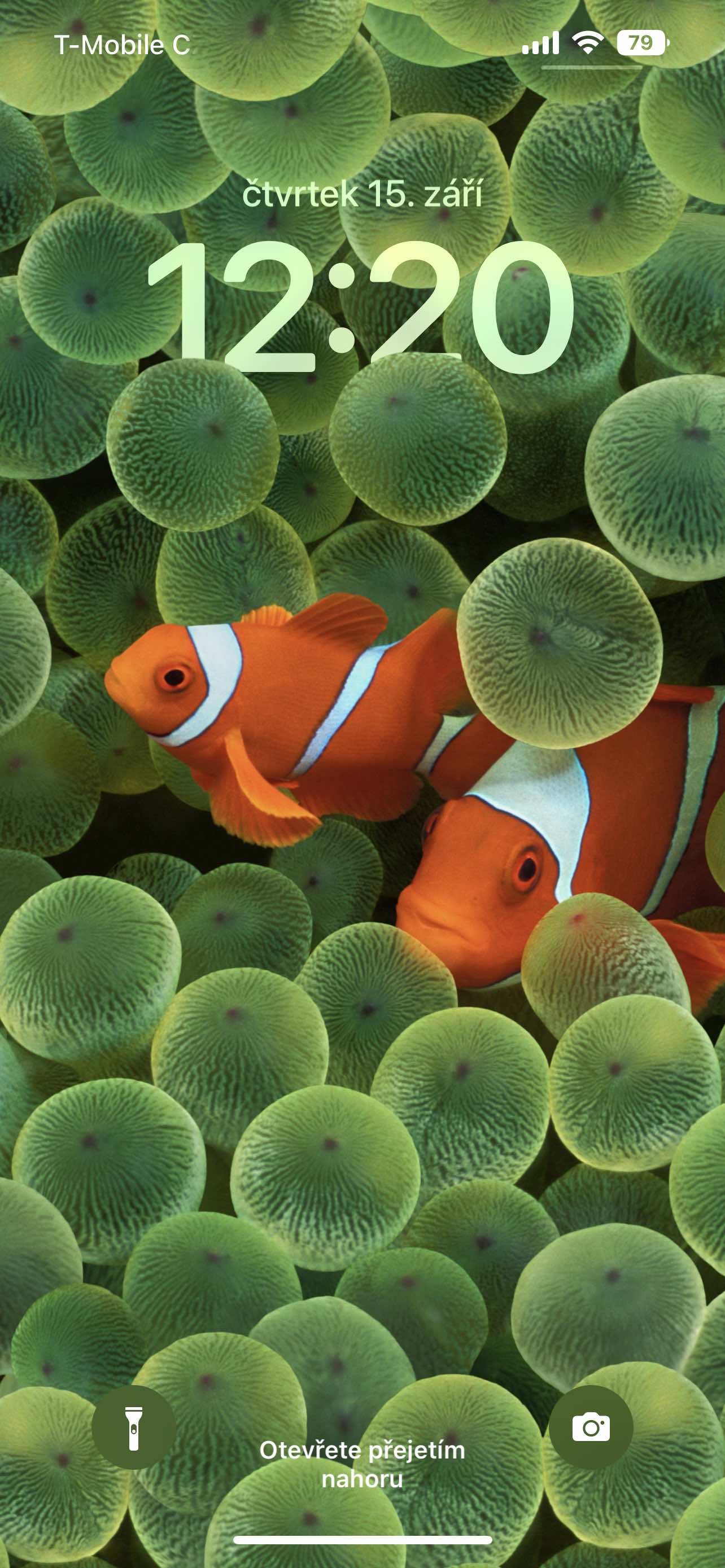
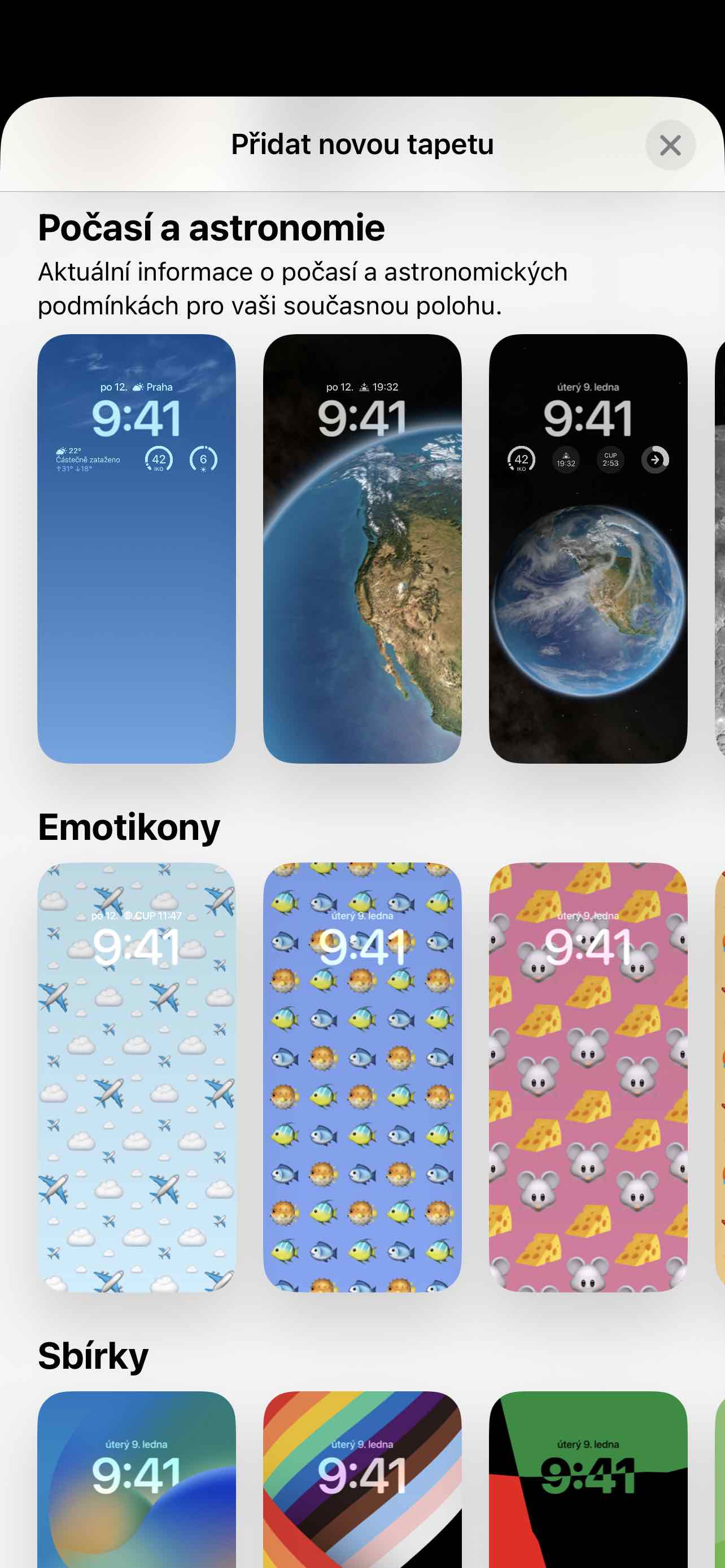
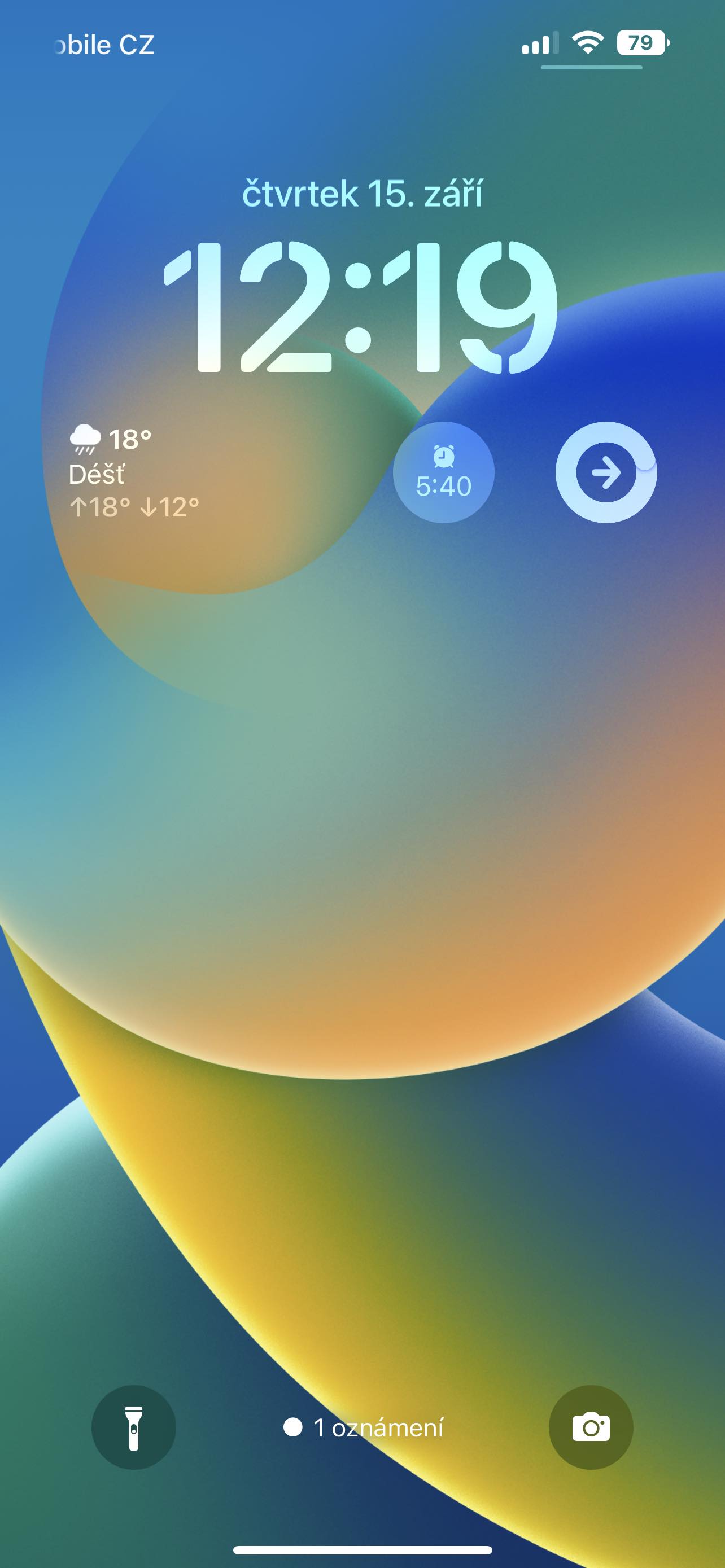
 Adam Kos
Adam Kos 